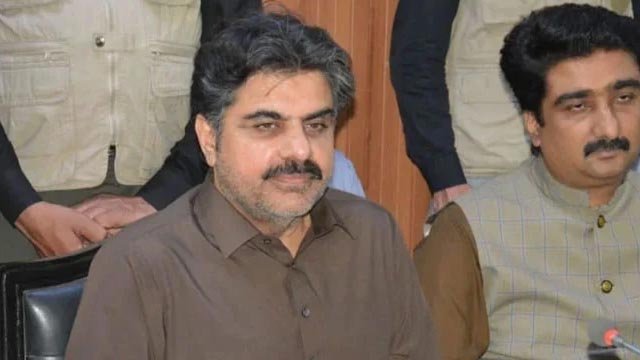A comprehensive study on women’s marriage rights in Pakistan has unveiled concerning disparities and challenges, shedding light on the urgent need for reforms to ensure gender equality and protection of women’s rights within the institution of marriage.
The study, titled “Diagnostic Study of Nikkahnamas in Punjab: A Review of Women’s Marriage Rights,” was jointly developed by the Centre for Human Rights (CFHR), Musawi, and the National Commission for Human Rights (NCHR). Unveiled on Tuesday, the study presents a detailed analysis of 1,100 nikahnamas (marriage contracts) and interviews with 105 Nikah Registrars (NRs) across 14 union councils in Punjab’s pilot districts, including Lahore and Pakpattan. The study also examined the related legislative and implementation frameworks.
The findings of the study have ignited conversations surrounding women’s marriage rights and their access to justice. Shockingly, the study reveals that a significant percentage of nikah registrars hold biases and misconceptions that hinder women’s agency within the marital framework.
Key Findings:
-
Competence in Negotiating Terms: The study uncovered that a staggering 86% of nikah registrars in Lahore believe that brides are not competent enough to negotiate the terms of their nikahnama, thereby limiting their involvement in crucial decisions.
-
Delegation of Divorce Rights: Alarmingly, 85% of the registrars surveyed expressed the belief that granting women the right to divorce in the nikahnama would lead to an increase in divorce rates.
-
Maintenance Rights Linked to Obedience: A concerning 92% of the respondents indicated that a wife’s right to maintenance is subject to her obedience to her husband.
The study also highlighted gaps in the enforcement and implementation of existing laws, such as the Punjab Muslim Family Laws Amendment 2015, which prohibits the alteration or omission of columns in the nikahnama. Moreover, perceptions, beliefs, and understanding of NRs, along with inconsistent forms and clauses in the nikahnama, contribute to women’s limited access to key marriage rights.
In addition, the study revealed that a significant portion of nikahnamas lacked vital information, such as the bride’s CNIC details and age. Furthermore, only a small percentage included provisions for a monthly allowance or the wife’s right to divorce.
Calls for Reform and Awareness:
The study’s launch event saw voices from various quarters advocating for comprehensive reform and heightened awareness of women’s marriage rights. The NCHR Chairperson, Rabiya Javeri Agha, emphasized the importance of effective implementation of laws safeguarding women’s rights.
Legal experts and activists stressed that while legislation exists, societal and cultural constraints continue to obstruct the realization of women’s rights within marriages. They highlighted the nikahnama as a critical starting point for conversations on women’s marriage rights and called for a better understanding of its implications.
The study’s author, Sevim Saadat, underscored the significance of accurate documentation in nikahnamas, citing concerns about child marriages and other legal implications arising from missing information.
In response to the findings, various stakeholders, including legal experts, scholars, and government officials, called for concerted efforts to address the gaps and challenges identified in the study. The study’s revelations have sparked a renewed commitment to advancing gender equality and protecting women’s rights within the institution of marriage.









